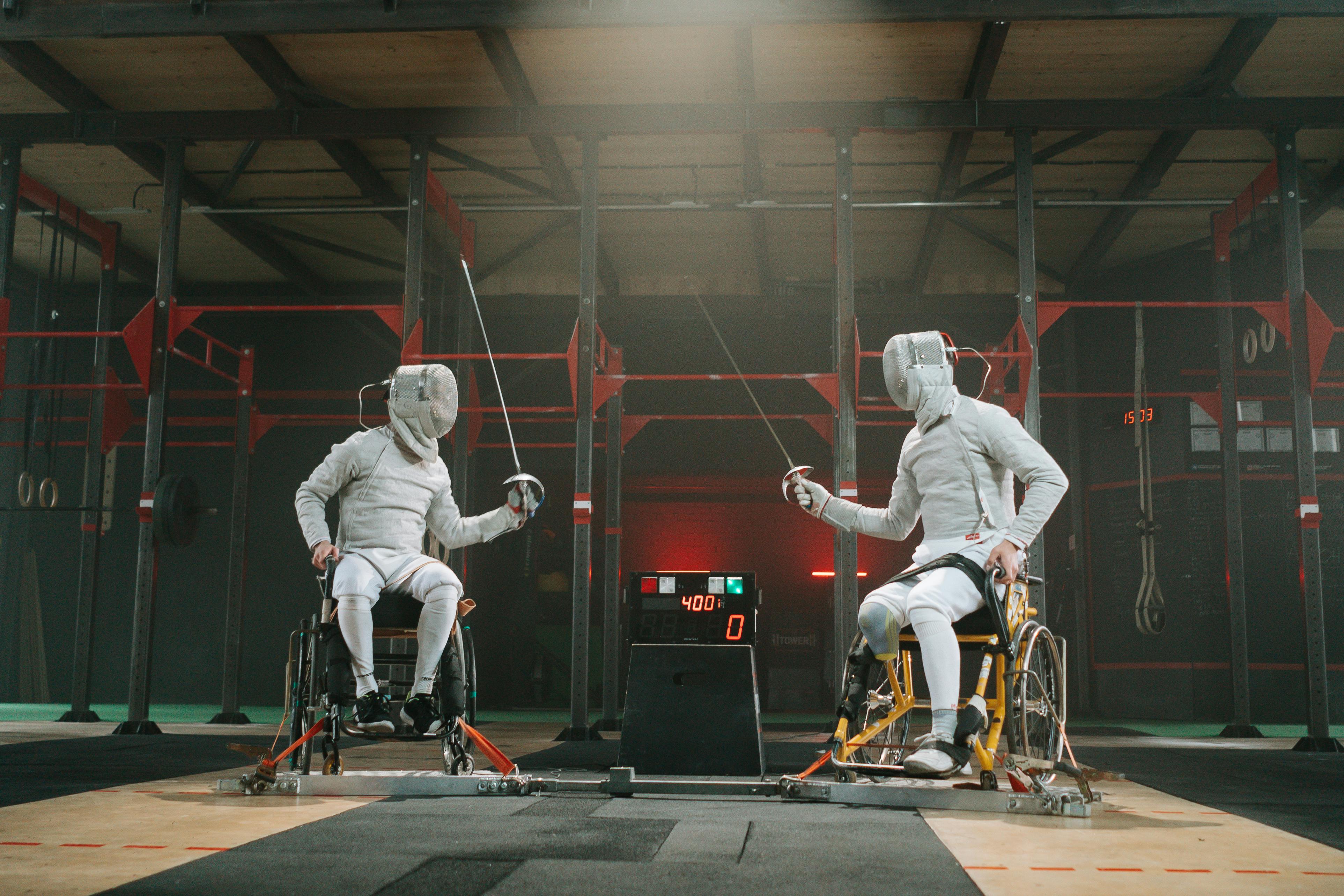Rediscovering the Art and Science of Carburetors in Modern Automotive Industry
Introduction: In the world of high-tech fuel injection systems, the classic carburetor might seem outdated. However, this essential component of automotive history still holds a unique charm for car enthusiasts and engineers. In this article, we delve into the history, workings, and enduring relevance of carburetors in the modern automotive scene.

The Carburetor: A Retrospective
The carburetor, invented by Karl Benz in the late 19th century, was an integral part of the internal combustion engine for over a century. It served the critical function of mixing air and fuel in the correct ratio for combustion. Before the advent of electronic fuel injection, carburetors were the dominant method of delivering fuel to engines.
The Intricate Mechanics of Carburetors
A carburetor operates on the principle of pressure differential. As air flows into the engine through the intake manifold, it passes through a narrowed section in the carburetor, known as the venturi. The venturi effect causes a drop in air pressure, pulling fuel from the carburetor’s float chamber into the air stream. This air-fuel mixture is then directed into the engine cylinders for combustion.
The Shift to Fuel Injection: Why and How?
In the 1980s, the automotive industry began moving away from carburetors towards electronic fuel injection (EFI) systems. EFI systems have many advantages over carburetors, including better fuel efficiency, improved engine performance, and reduced emissions. They use sensors and a computer to monitor and adjust the air-fuel mixture continually, providing optimal engine performance in various driving conditions.
The Enduring Charm of Carburetors
Despite their technological obsolescence, carburetors still have a dedicated following among car enthusiasts and classic car collectors. They appreciate the simplicity, mechanical beauty, and hands-on tuning opportunities that carburetors provide. Moreover, carburetors are more affordable and easier to maintain than modern EFI systems, making them an attractive option for budget-conscious drivers and DIY mechanics.
Carburetors in the Modern Automotive Scene
Today, carburetors are no longer the norm in passenger vehicles, but they continue to be used in certain applications. These include small engines (like lawnmowers and generators), vintage and classic cars, and certain types of racing, where the carburetor’s simplicity and tunability offer distinct advantages.
In conclusion, the humble carburetor, while overshadowed by more modern technologies, continues to hold a significant place in automotive history and culture. Its enduring allure lies not just in its mechanical simplicity, but also in the tangible connection it provides to the golden age of automotive engineering. Whether you’re a car enthusiast, a mechanic, or just a curious reader, understanding the carburetor is a nod to our automotive past as we speed towards the future.




